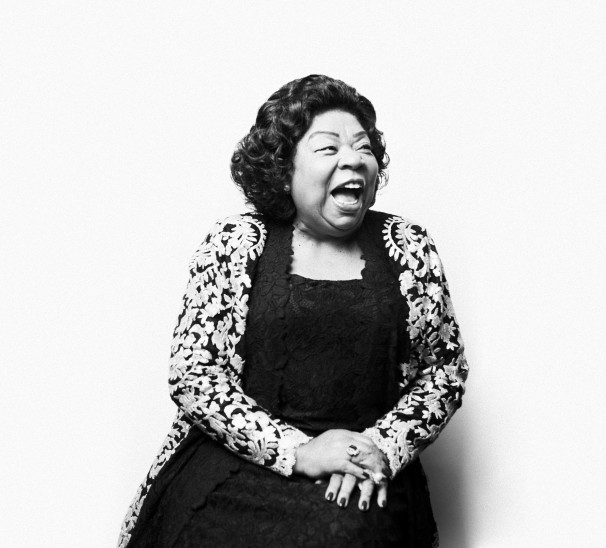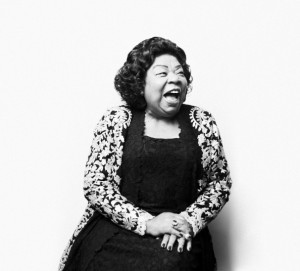Opera singer Martina Arroyo was one of this year’s Kennedy Center honorees, joining performers such as musician and songwriter Carlos Santana; singer/songwriter Billy Joel; pianist, keyboardist, bandleader and composer Herbie Hancock; and actress Shirley MacLaine. The part black, part Puerto Rican operatic soprano broke through opera’s color barrier with her soaring voice, and has a career that spanned three decades and took her around the globe. She got her big break at the Metropolitan Opera in 1965 when the main star was sick and Arroyo was called last minute to play the role of Aida. Not only did she prove the skeptics wrong, Arroyo landed a contract and went on to perform San Francisco Opera, the Opera de Paris and Covent Garden, among any other renowned stages.
A now retired Arroyo has dedicated her time and talent to training young singers through the Martina Arroyo Foundation. We’re sending huge congratulations to Arroyo for her outstanding achievements—get a glimpse into why we admire her:
Strong sense of self
Despite the racial climate at the time, the singer wasn’t fazed by her skin tone. “I thought the color problem was the other man’s problem,” Arroyo said in a Washington Post interview. “I didn’t know how to carry that burden. I also came from a home where color didn’t matter. I wasn’t as aware as someone who came from a situation where there was segregation. . . . I had never been an outsider. It gives you a type of fearlessness because you don’t know you’re going to run into the problem, and I didn’t run into it. Or if I did, I didn’t know about it.”
While she doesn’t self-identify as Hispanic/Latina, the beautiful singer identifies as a black woman.
Great sense of humor
We couldn’t help but chuckle when we read Arroyo referred to her portrayal of Cio-Cio San in Puccini’s favorite opera not as “Madame Butterfly” but “Madame Butterball.” She has quite the sense of humor!
Humble as ever
For a woman who you might expect to be a diva or have airs about her, many reporters have described her as extremely sweet and kind hearted. This brings us to the next point…
Invests in next gen
After ending her opera career, Arroyo dedicated the rest of her life to educating the next generation of singers.
“It’s knowing that it doesn’t end with you,” she told CBS News. “It’s gonna go on and you want it to go on even better than when you were working with that – in that profession.”
The Arroyo Foundation offers two programs: one lasting several months that gives young singers in-depth experience working on a complete role with expert coaches, and a six-week summer program that takes artists through the experience of performance, ending with fully staged operas.
Let us know your thoughts in the comments section below.





